Author Archives: Jonathan Hoyland
Author Archives: Jonathan Hoyland
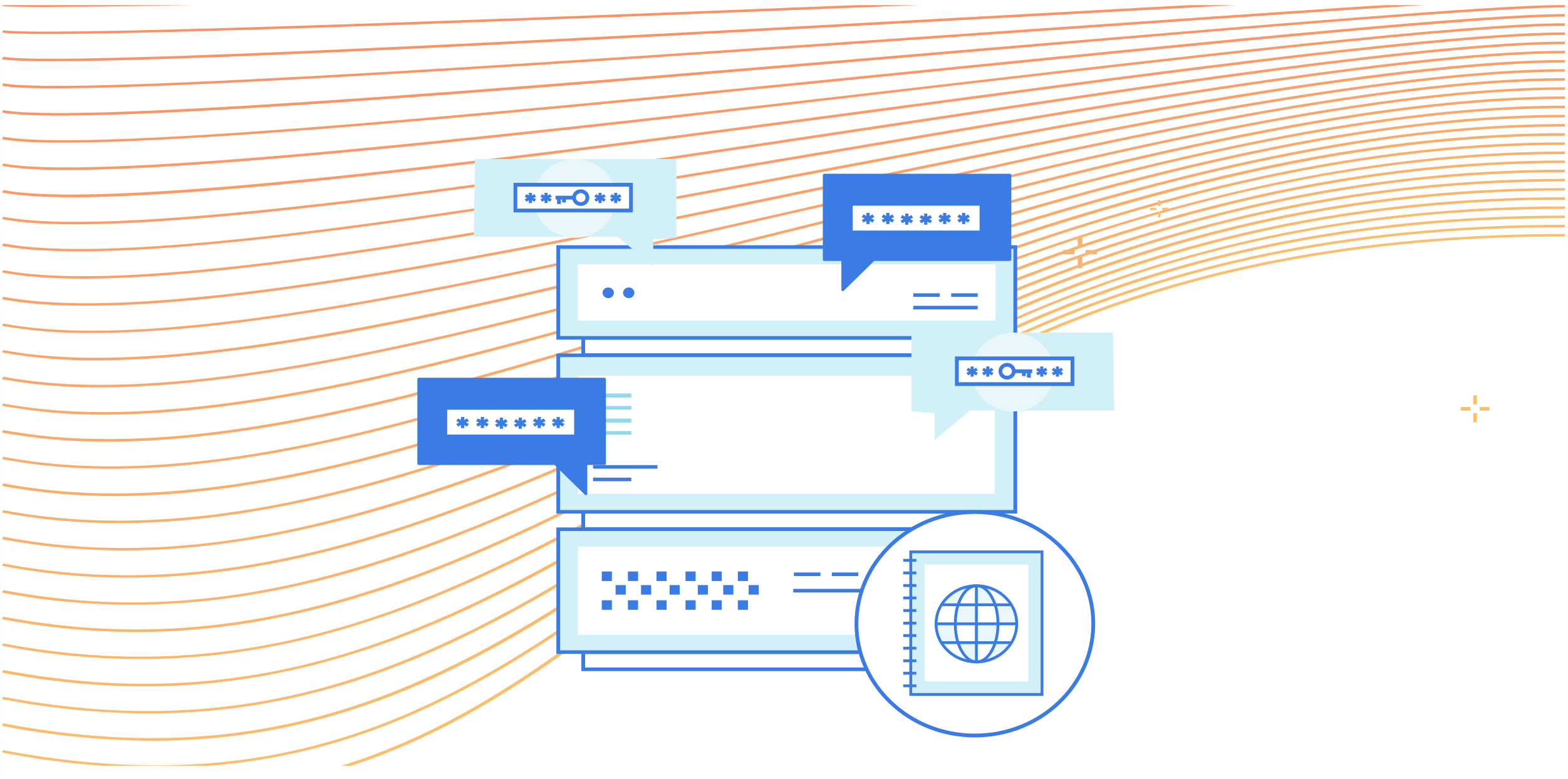
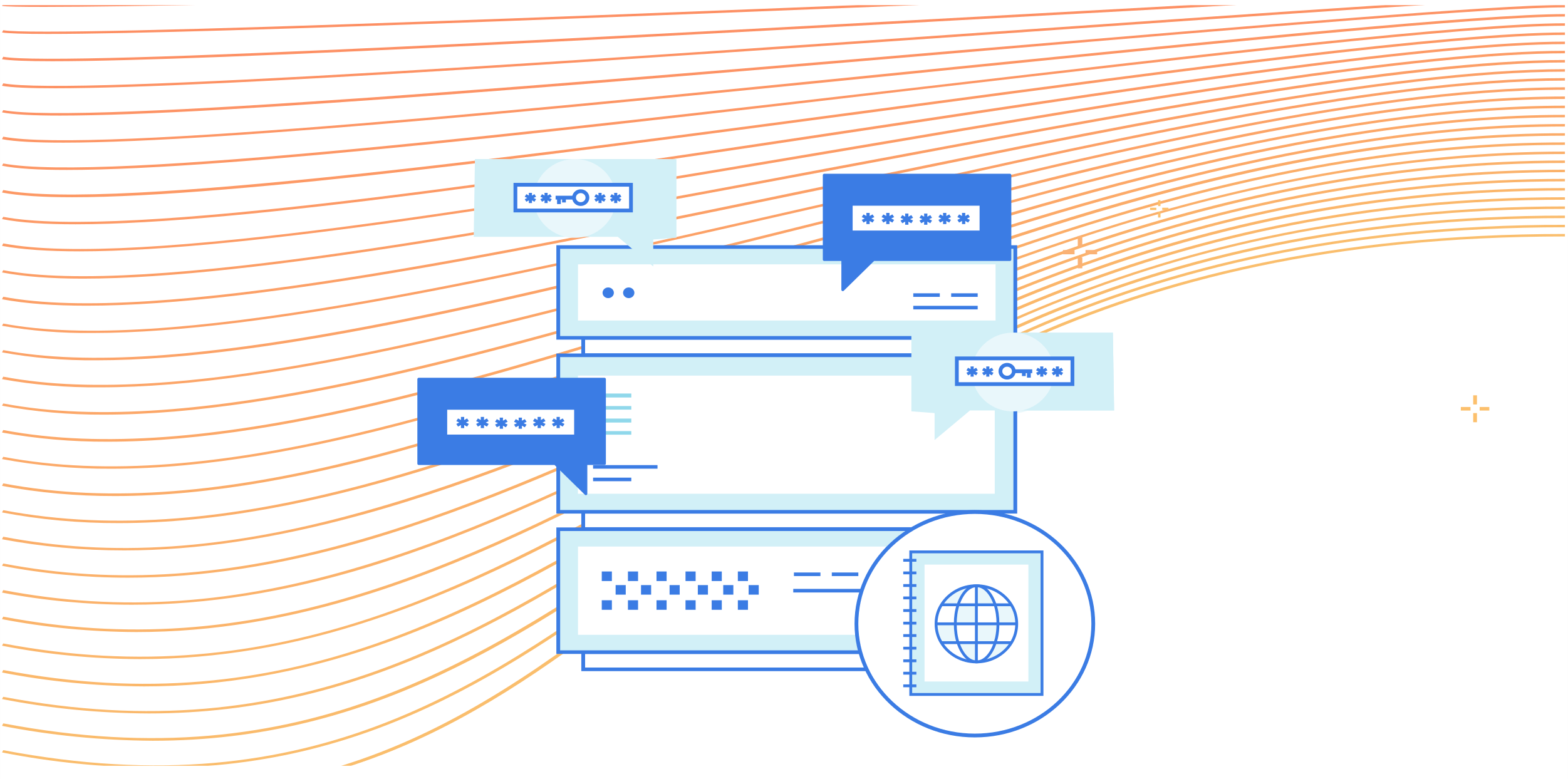
The Internet, far from being just a series of tubes, is a huge, incredibly complex, decentralized system. Every action and interaction in the system is enabled by a complicated mass of protocols woven together to accomplish their task, each handing off to the next like trapeze artists high above a virtual circus ring. Stop to think about details, and it is a marvel.
Consider one of the simplest tasks enabled by the Internet: Sending a message from sender to receiver.

The location (address) of a receiver is discovered using DNS, a connection between sender and receiver is established using a transport protocol like TCP, and (hopefully!) secured with a protocol like TLS. The sender's message is encoded in a format that the receiver can recognize and parse, like HTTP, because the two disparate parties need a common language to communicate. Then, ultimately, the message is sent and carried in an IP datagram that is forwarded from sender to receiver based on routes established with BGP.
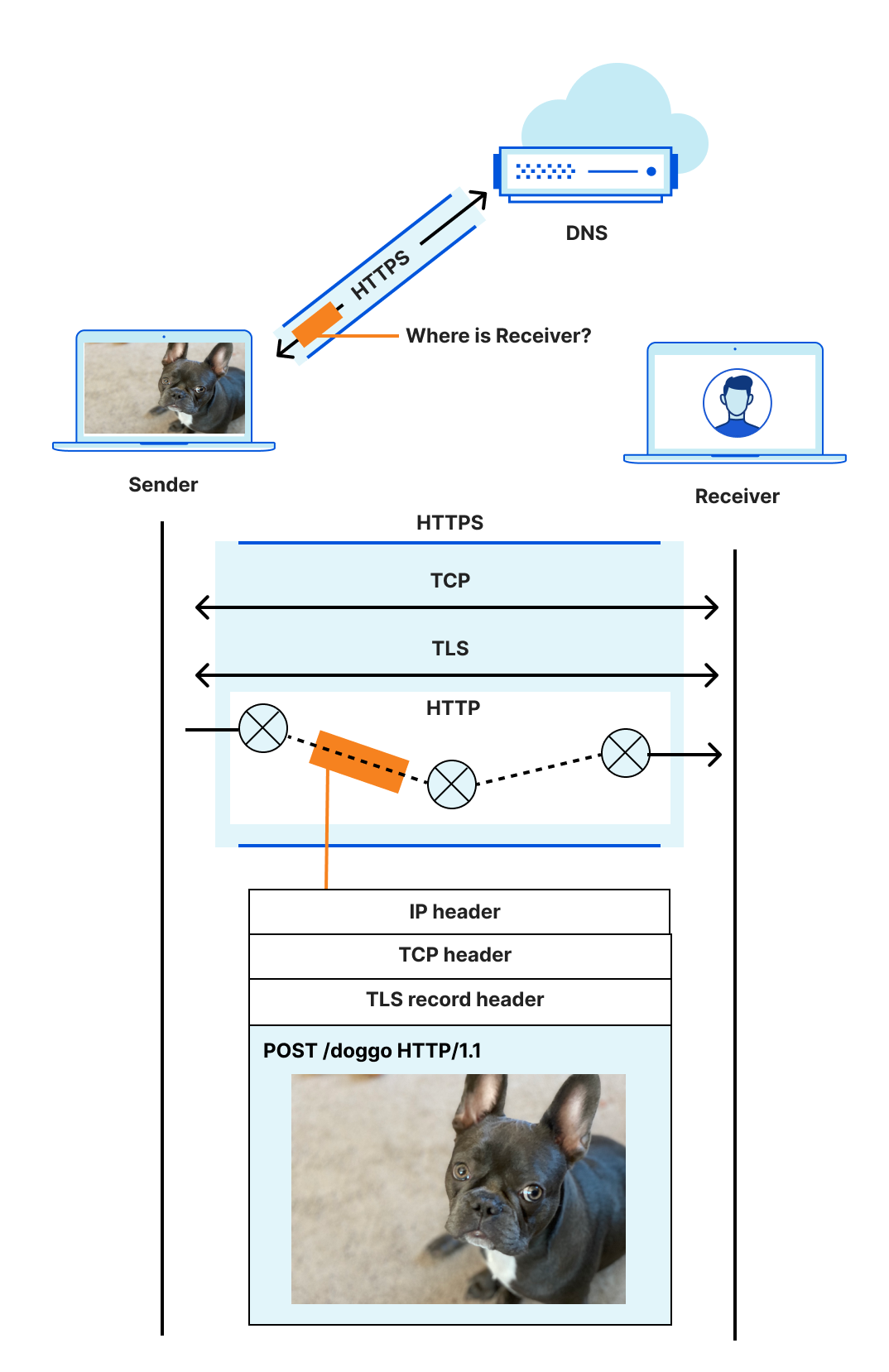
Even an explanation this dense is laughably oversimplified. For example, the four protocols listed are just the start, and ignore many others with acronyms of their own. The truth is that things are complicated. Continue reading
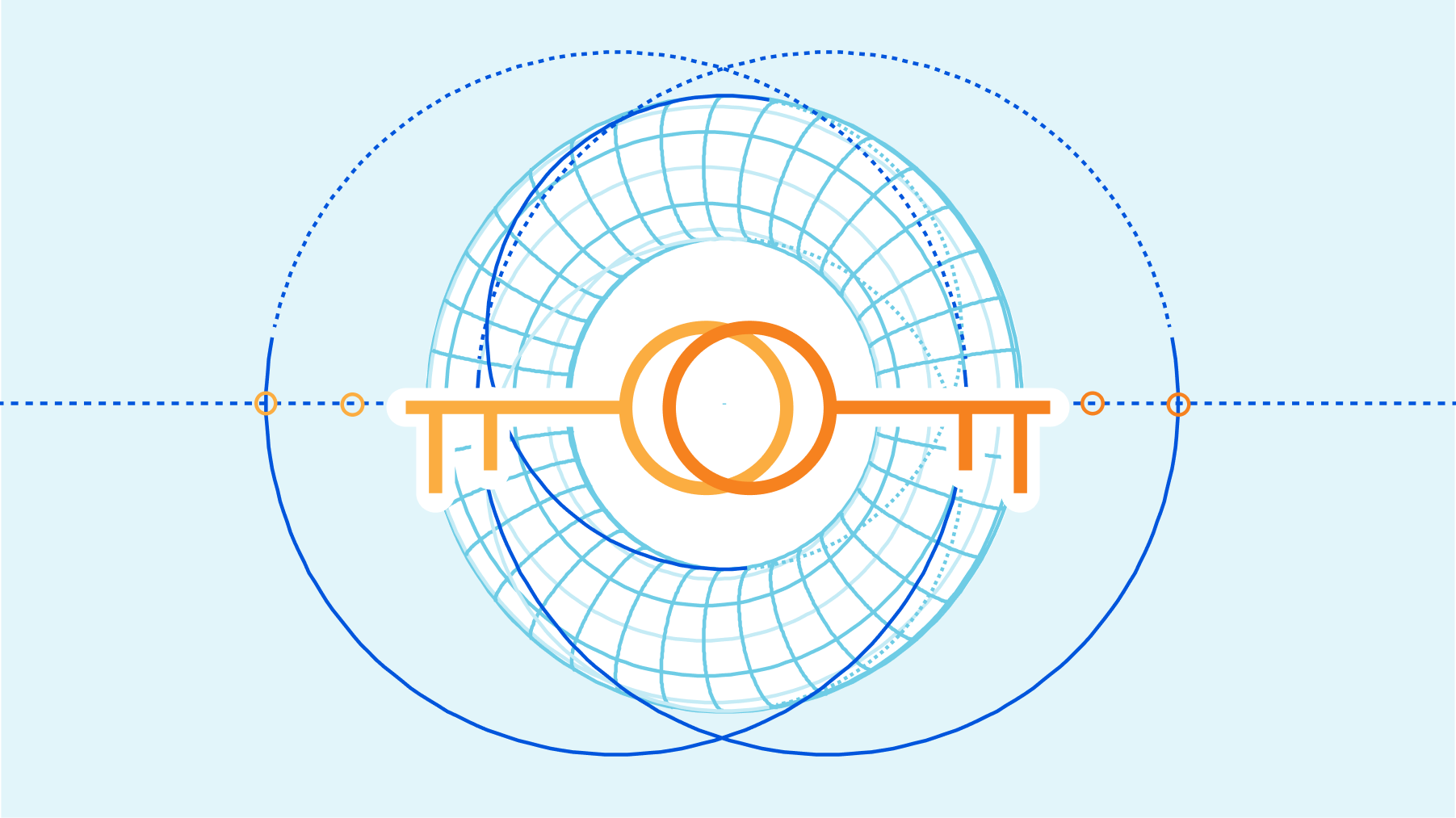
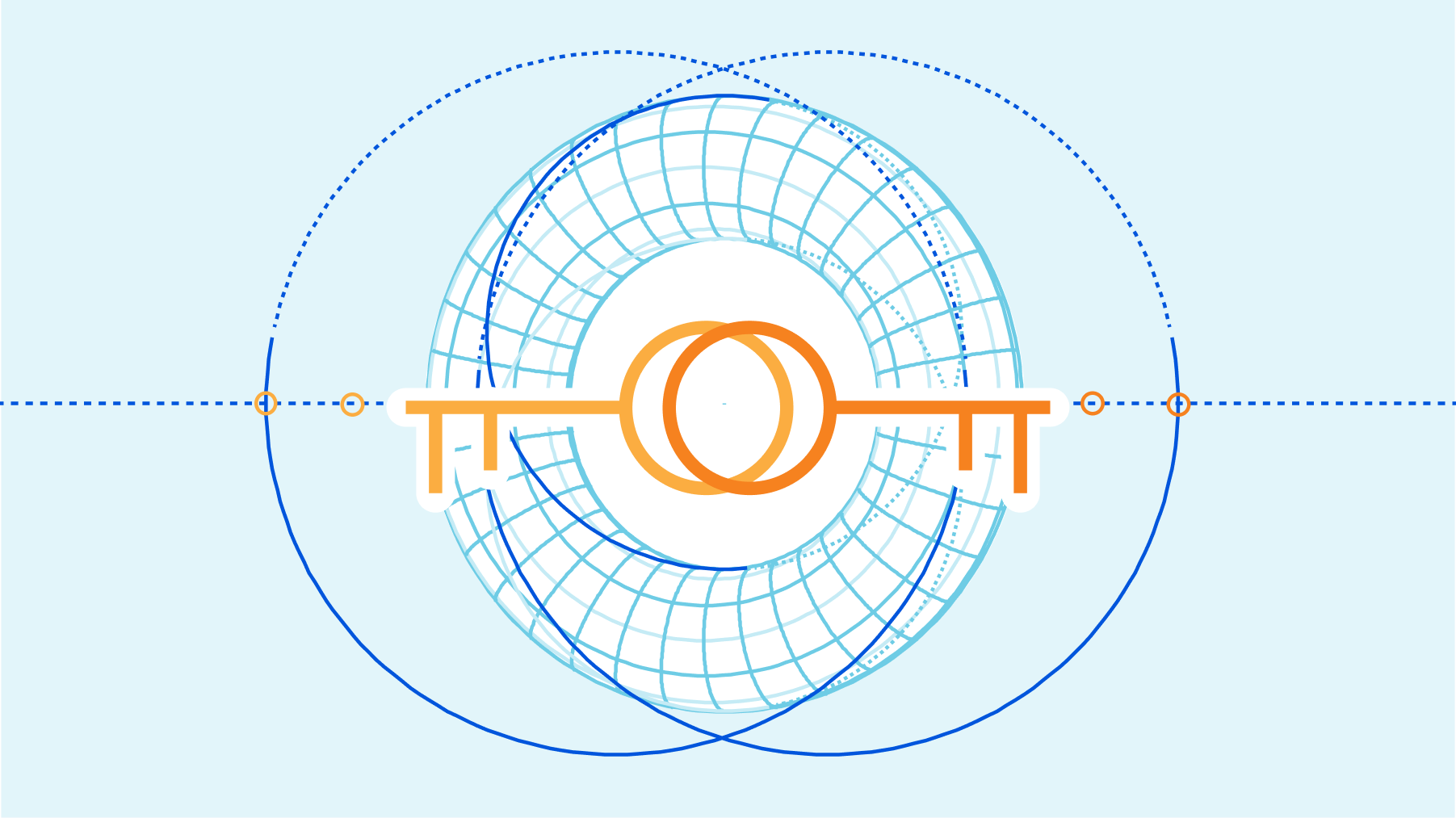
Our earlier blog post talked in general terms about how we work with the IETF. In this post we’re going to talk about a particular IETF project we’ve been working on, Exported Authenticators (EAs). Exported Authenticators is a new extension to TLS that we think will prove really exciting. It unlocks all sorts of fancy new authentication possibilities, from TLS connections with multiple certificates attached, to logging in to a website without ever revealing your password.
Now, you might have thought that given the innumerable hours that went into the design of TLS 1.3 that it couldn’t possibly be improved, but it turns out that there are a number of places where the design falls a little short. TLS allows us to establish a secure connection between a client and a server. The TLS connection presents a certificate to the browser, which proves the server is authorised to use the name written on the certificate, for example blog.cloudflare.com. One of the most common things we use that ability for is delivering webpages. In fact, if you’re reading this, your browser has already done this for you. The Cloudflare Blog is delivered over TLS, and by presenting a Continue reading


Today, we are excited to announce Cloudflare's Ethereum Gateway, where you can interact with the Ethereum network without installing any additional software on your computer.
This is another tool in Cloudflare’s Distributed Web Gateway tool set. Currently, Cloudflare lets you host content on the InterPlanetary File System (IPFS) and access it through your own custom domain. Similarly, the new Ethereum Gateway allows access to the Ethereum network, which you can provision through your custom hostname.
This setup makes it possible to add interactive elements to sites powered by Ethereum smart contracts, a decentralized computing platform. And, in conjunction with the IPFS gateway, this allows hosting websites and resources in a decentralized manner, and has the extra bonus of the added speed, security, and reliability provided by the Cloudflare edge network. You can access our Ethereum gateway directly at https://cloudflare-eth.com.
This brief primer on how Ethereum and smart contracts work has examples of the many possibilities of using the Cloudflare Distributed Web Gateway.
You may have heard of Ethereum as a cryptocurrency. What you may not know is that Ethereum is so much more. Ethereum is a distributed virtual computing network that stores and enforces smart Continue reading


Today, as part of Crypto Week 2019, we are excited to announce Cloudflare's Ethereum Gateway, where you can interact with the Ethereum network without installing any additional software on your computer.
This is another tool in Cloudflare’s Distributed Web Gateway tool set. Currently, Cloudflare lets you host content on the InterPlanetary File System (IPFS) and access it through your own custom domain. Similarly, the new Ethereum Gateway allows access to the Ethereum network, which you can provision through your custom hostname.
This setup makes it possible to add interactive elements to sites powered by Ethereum smart contracts, a decentralized computing platform. And, in conjunction with the IPFS gateway, this allows hosting websites and resources in a decentralized manner, and has the extra bonus of the added speed, security, and reliability provided by the Cloudflare edge network. You can access our Ethereum gateway directly at https://cloudflare-eth.com.
This brief primer on how Ethereum and smart contracts work has examples of the many possibilities of using the Cloudflare Distributed Web Gateway.
You may have heard of Ethereum as a cryptocurrency. What you may not know is that Ethereum is so much more. Ethereum is a distributed virtual Continue reading